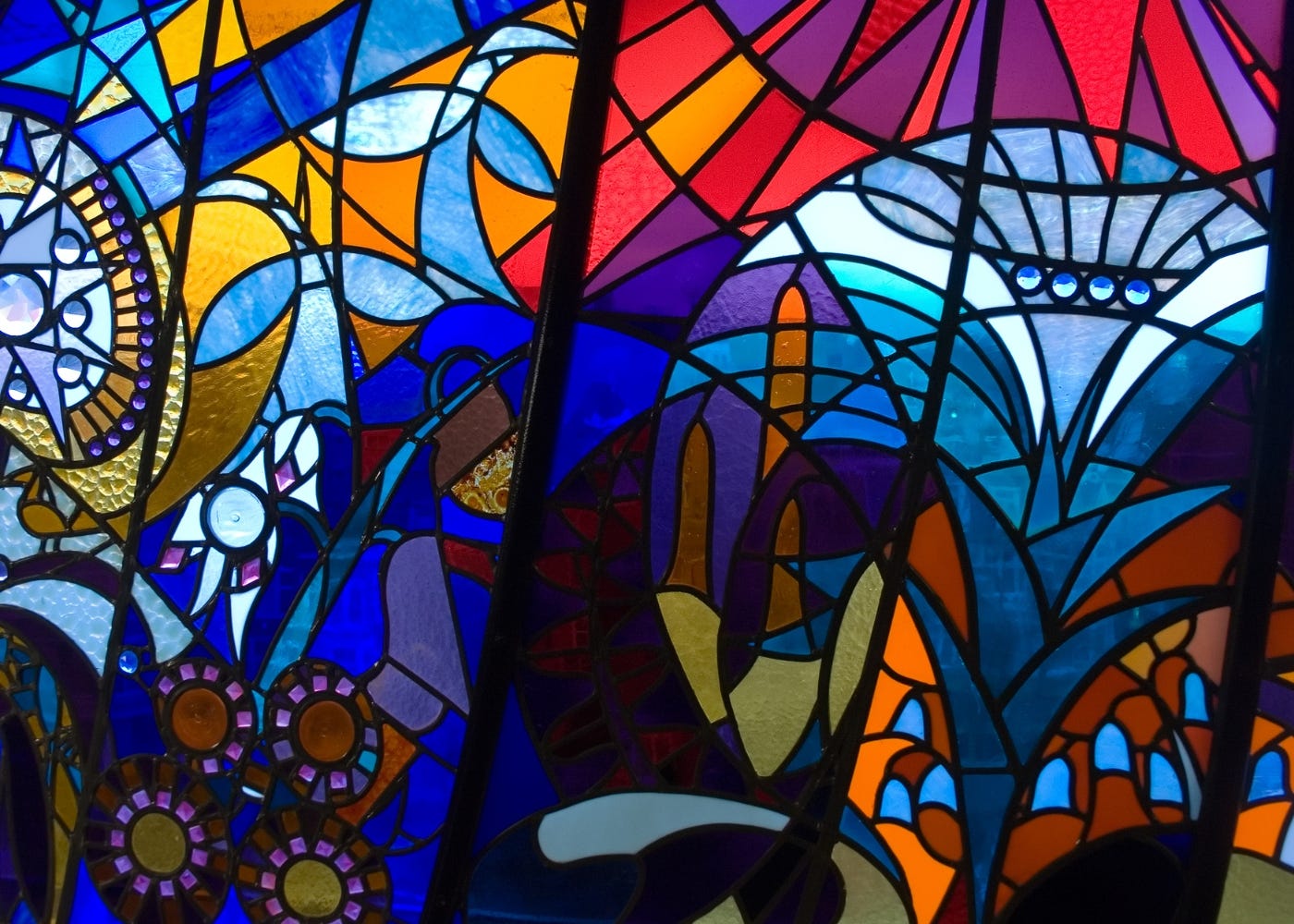Episode 232: Let's Talk About Sanctuary
Diana Butler Bass wrote, “To belong is to be, for belonging is ultimately a question of identity: Who am I?” For many Latter-day Saint women, a place where they can just “be”—whoever and wherever they are right now—feels elusive. That’s what the ALSSI project aims to create: a community where women can speak honestly about the complexity of their church life and/or faith journey, feel seen and validated in their experience, and find support. Episode 232 explores ideas about spiritual sanctuary. What does it mean to create it for ourselves? And how can we provide it for others?
Notes & Quotes:
Searching for Sunday: Loving, Leaving and Finding the Church, by Rachel Held Evans
The Becoming Church Podcast, Kristin Mockler Young & Sarah Bessey, Ep. 63
Christianity After Religion: The End of Church and the Birth of a New Spiritual Awakening, by Diana Butler Bass
How the Bible Actually Works: In Which I Explain How An Ancient, Ambiguous, and Diverse Book Leads Us to Wisdom Rather Than Answers―and Why That's Great News, by Peter Enns
Reminders on the Path, by Sheniz Janmohamed
Barking to the Choir: The Power of Radical Kinship, by Gregory Boyle
Because of Rachel Held Evans, by Rev. Elizabeth Henry, Faith and Reason
“Imagine if every church became a place where everyone is safe, but no one is comfortable. Imagine if every church became a place where we told one another the truth. We might just create sanctuary.” —Rachel Held Evans
“Where people feel loved, allowed to be in process, don’t have to have all the answers yet, where you feel a sense of belonging and permission, but also even of joy—that’s one of the things people lose in all this, is their reclamation of joy, happiness, loving themselves, loving each other, loving their lives.” [...] “What does it mean to create that kind of respite, or feast in the wilderness for people, even if it’s just for a short period of time, and then they move on to wherever their journey takes them next?” —Sarah Bessey
“There are recovery programs for people grieving the loss of a parent, sibling, or spouse. You can buy books on how to cope with the death of a beloved pet or work through the anguish of a miscarriage. We speak openly with one another about the bereavement that can accompany a layoff, a move, a diagnosis, or a dream deferred. But no one really teaches you how to grieve the loss of your faith, or the loss of your faith as it once was. You’re on your own for that.” —Rachel Held Evans
“To belong is to be, for belonging is ultimately a question of identity: Who am I?” —Diana Butler Bass
“The really central point in all this is that the biblically rooted tradition of a holy sanctuary for God shifts from a structure to a person—and then that person’s followers. That sort of thinking only came about because the circumstances demanded it. Jesus inspired a major midcourse change in direction. What eventually became ‘Christianity’ began as a Jewish sect—a sect that stretched the boundaries of Judaism to its limit. Eventually, like Jesus’s wineskins, it stretched those boundaries too far.” —Pete Enns
“There are many ways to hold sanctuary
May I be one of them.” —Sheniz Janmohamed
“Homeboy wants to provide a sanctuary for homies until they become the sanctuary they sought here. It is in that setting that we are able to calibrate our hearts and point them in the direction of the welcoming embrace. Here we make a decision to live in each other’s hearts. After all, we are all just looking for a home for our hearts. As Dorothy Day writes, “We have all known the long loneliness and we have learned that the only solution is love and that love comes with community.” —Father Greg Boyle
“Evans curated a community of people who felt that something was missing in the ways they had been doing church. People with too many questions, people with the wrong convictions, people who loved in ways that were against the rules, and people that were somehow made to feel too much or too little in their churches found a home with Rachel, both in her own writings and among the people she drew together.
“She was a magnet for anyone who felt that there was something more beneath the surface of their faith, particularly those who had been harshly reprimanded for pulling back the corner of the carpet in their own sanctuaries. Rachel became a bridge for so many who felt isolated or alienated by their church homes for any number of reasons, reaching out first through sharing her own stories of the deconstruction and eventual reconstruction of her faith and then by lifting up the voices of those who are so often ignored in mainstream conversations about faith and church and spirituality.
[...] “This is Rachel’s legacy—or at least part of it. Those who were afraid found safety. Those who were confused and distressed were granted peace. Those who were alienated from religion became a fresh and loving faith community to one another.”
—Rev. Elizabeth Henry




I love that you post the outside quotes here. Like you discussed, this is something many religious grapple with. ❤️